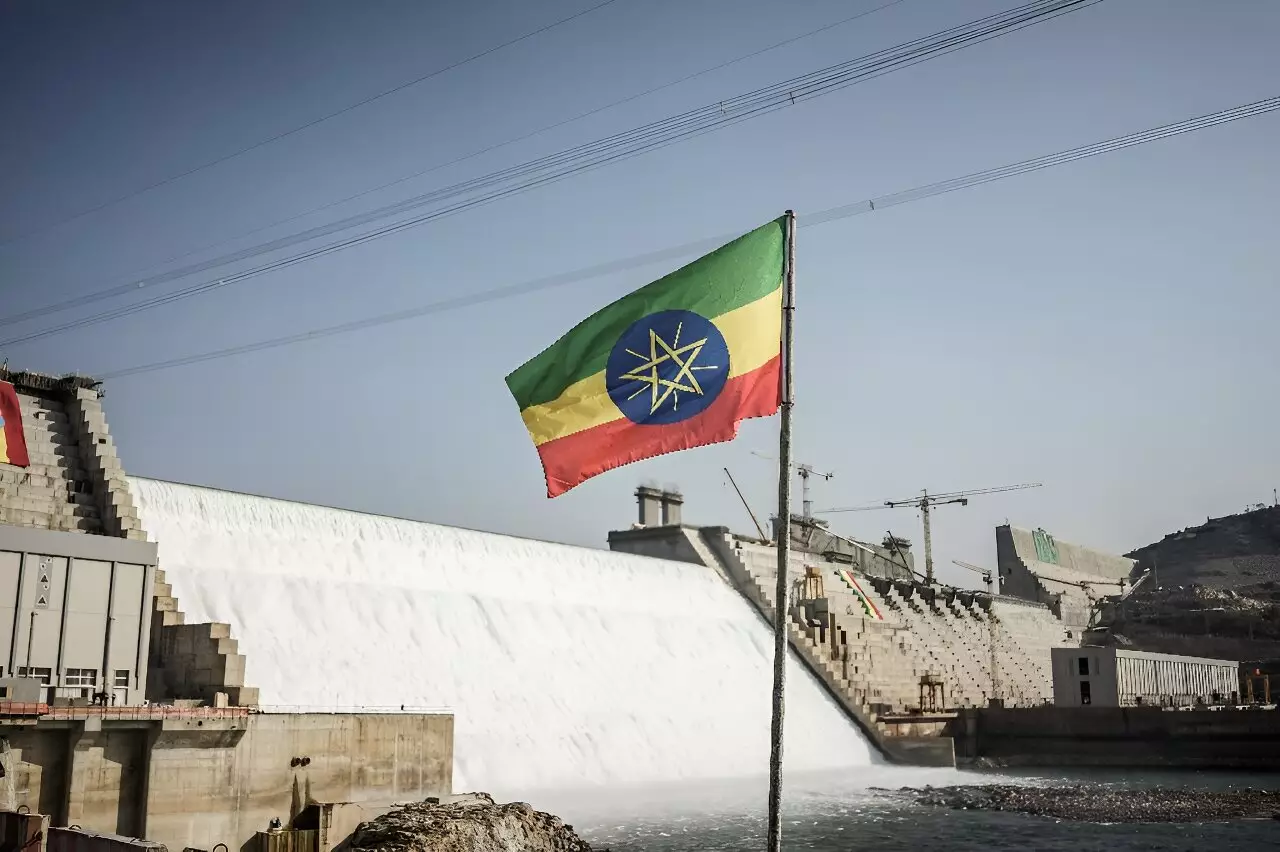Ethiopia has recently announced that it has significantly increased its electricity production capacity from the Grand Ethiopian Renaissance Dam (GERD) on the Blue Nile. With the addition of two more turbines, the dam is now generating a total of 1,550 megawatts of electricity. This marks a major milestone in the construction and operation of the controversial multi-billion-dollar project.
According to the latest updates from the GERD, the construction phase of the project has been successfully completed, and the focus has now shifted to the operation phase. The new turbines, each generating 400MW of electricity, have joined the two existing turbines that produce 375MW each. With these additions, the total output of the dam has reached 1,550MW, contributing significantly to Ethiopia’s electricity supply.
One of the key concerns surrounding the GERD is its potential impact on downstream nations such as Egypt and Sudan. Egypt, in particular, relies heavily on the Nile River for its water needs, with 97 percent of its water coming from the river. The increased water flow from the dam’s spillways, releasing an extra 2,800 cubic meters of water to downstream countries, could potentially alleviate some of these concerns.
Since the inception of the GERD project in 2011, it has been a point of contention between Ethiopia, Egypt, and Sudan. The lack of a three-way agreement on the operation of the dam has led to ongoing disputes and failed negotiations. While Ethiopia maintains that the dam will not diminish downstream water flow, Egypt and Sudan remain wary of the potential implications on their water security.
Prime Minister Abiy Ahmed has emphasized the importance of the GERD in managing water flow, mitigating flood risks, and ensuring a steady water supply to downstream nations, especially during droughts. The completion of the dam’s construction and the increase in electricity production are seen as significant steps towards achieving these objectives.
Despite the advancements in hydroelectric power generation at the GERD, Ethiopia continues to face challenges related to electricity deficit. The World Bank has outlined plans to support Ethiopia in expanding its electricity network and transitioning to cleaner energy sources such as solar, wind, and geothermal power. These initiatives are crucial in addressing poverty and improving socio-economic conditions in the country.
The recent developments at the Grand Ethiopian Renaissance Dam represent a major milestone in Ethiopia’s efforts to increase electricity production and enhance water management. While the project has faced criticism and regional disputes, its potential benefits in terms of energy security and water resource management cannot be overlooked. Moving forward, continued dialogue and cooperation among all stakeholders will be essential in ensuring the sustainable operation of the GERD.


Leave a Reply